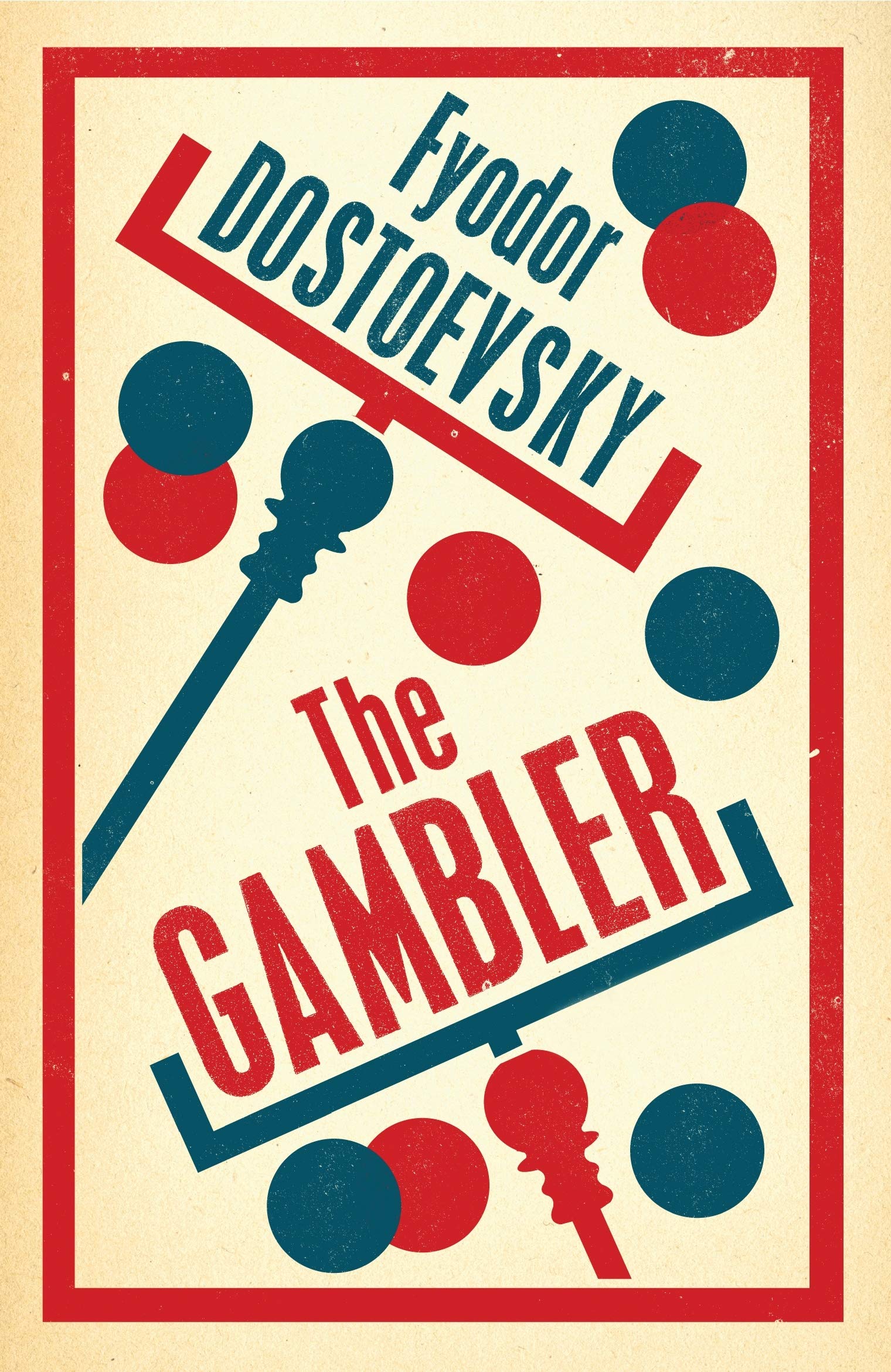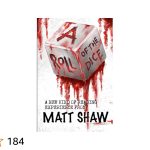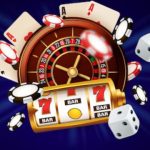The neon lights, the clatter of chips, the electric tension of a high-stakes game just like the thrill of Flight Legends, casinos and gambling have long captivated writers and readers alike. These glittering temples of chance serve as perfect backdrops for exploring human nature at its most vulnerable and desperate…
The casino setting provides authors with a natural pressure cooker where characters’ true natures are revealed under extreme stress. When fortunes can be won or lost on the turn of a card, every decision carries weight, every gesture matters, and the stakes—both financial and emotional—couldn’t be higher.
Here are five exceptional works of fiction that use gambling and casinos not just as exotic backdrops, but as integral elements that drive their narratives forward.
1. Casino Royale by Ian Fleming

Fleming’s inaugural James Bond novel remains the gold standard for casino fiction. Set primarily in the fictional French casino town of Royale-les-Eaux, the story follows Bond as he attempts to bankrupt Soviet agent Le Chiffre in a high-stakes baccarat game. What elevates this beyond a simple spy thriller is Fleming’s meticulous attention to the psychology of gambling and the intricate rules of baccarat.
The author’s own gambling experiences shine through in his vivid descriptions of the casino atmosphere—the hushed tension at the baccarat table, the careful choreography of dealers and players, and the almost ritualistic nature of high-stakes gaming. Fleming understood that in the casino, every player wears a mask, making it the perfect environment for spies and double agents.
The novel’s enduring appeal lies not just in its espionage elements but in its authentic portrayal of gambling as both an art and a science. Bond’s methodical approach to the game, combined with his ability to read opponents, creates a template for the sophisticated gambler-hero that has influenced countless works since.
2. The Gambler by Fyodor Dostoevsky

Drawing from his own devastating gambling addiction, Dostoevsky created perhaps the most psychologically penetrating exploration of compulsive gambling ever written. The novel follows Alexei Ivanovich, a tutor who becomes increasingly obsessed with roulette while working for a Russian family in the fictional German spa town of Roulettenburg.
What makes this work extraordinary is Dostoevsky’s unflinching examination of the gambler’s mindset. He captures the intoxicating rush of winning, the crushing despair of losing, and most crucially, the paradoxical way gambling can become more about the emotional extremes than the money itself. Alexei’s descent into addiction is portrayed with such authenticity that the novel serves as both gripping fiction and psychological case study.
The casino scenes pulsate with nervous energy as Dostoevsky describes the hypnotic pull of the roulette wheel and the strange democracy of the gaming floor, where aristocrats and commoners alike can be reduced to the same desperate state. The novel’s exploration of how gambling can become a form of spiritual seeking—a search for meaning through chaos—remains unmatched in its depth and insight.
3. Positively Fifth Street by James McManus
While technically narrative nonfiction, McManus’s account of playing in the 2000 World Series of Poker reads like the finest literary fiction. Originally sent to Las Vegas to cover the trial of casino owner Ted Binion’s alleged murderers, McManus instead finds himself at the poker tables, eventually earning a seat in the main event.
The book brilliantly weaves together the Binion murder case, poker strategy, Las Vegas history, and McManus’s own journey from poker amateur to serious competitor. His prose captures both the intellectual complexity of tournament poker and the raw emotional toll it takes on players. The descriptions of key hands are masterful exercises in building tension, as McManus demonstrates how poker is ultimately a game of incomplete information and psychological warfare.
What elevates this work is McManus’s ability to find profound meaning in seemingly simple card games. He explores how poker mirrors life itself—the importance of reading people, managing risk, and making crucial decisions with limited information. The casino becomes a laboratory for examining human nature under pressure.
4. The Cincinnati Kid by Richard Jessup
This gritty novel about a young poker player’s attempt to prove himself against the legendary champion “The Man” captures the mythology and culture of professional gambling in 1930s New Orleans. Eric “The Kid” Stoner embodies the archetypal gambling hero—supremely confident, talented, but ultimately vulnerable to the very hubris that drives him to greatness.
Jessup’s background as a professional gambler himself lends authenticity to every detail, from the mechanics of five-card stud to the unwritten codes that govern high-stakes games. The novel’s climactic poker marathon between The Kid and The Man is a masterclass in building tension through card play, as each hand becomes a battle of wills and psychological maneuvering.
The book’s exploration of gambling as both craft and calling resonates throughout, presenting poker not merely as a game but as a way of life that demands total commitment. The casino and gambling hall settings serve as arenas where reputation and identity are constantly at stake, making every game a form of personal combat.
5. Fear and Loathing in Las Vegas by Hunter S. Thompson
Thompson’s gonzo masterpiece uses Las Vegas and its casinos as the perfect backdrop for his drug-fueled journey into the heart of the American Dream’s dark side. While not strictly about gambling, the novel’s casino scenes are among its most memorable, capturing the surreal, hallucinogenic atmosphere of Vegas through the eyes of his alter ego Raoul Duke.
The casinos in Thompson’s work become symbols of American excess and delusion—temples to the belief that luck and will can overcome any odds. His descriptions of the gaming floors, populated by desperate souls feeding slot machines and chasing impossible dreams, create a vivid portrait of capitalism’s grotesque extremes.
What makes Thompson’s approach unique is how he uses the casino environment to explore broader themes of alienation and the corruption of American ideals. The gambling becomes secondary to the spectacle of human desperation and the city’s role as a neon-lit purgatory where people go to lose themselves in the pursuit of easy money.
The Enduring Appeal of Gambling Fiction
These works endure because they recognize that gambling fiction is never really about gambling—it’s about character under pressure, the allure of risk, and the very human tendency to believe we can bend fate to our will. The casino setting strips away social pretenses and reveals people at their most elemental level, making it fertile ground for exploring themes of ambition, desperation, and the eternal tension between skill and luck.
Whether portrayed as glamorous playgrounds for international spies or seedy underworld venues where desperate souls chase impossible dreams, casinos in fiction serve as more than mere settings. They become characters themselves—living, breathing entities that both create and reflect the moral complexities of the stories they house.
The best gambling fiction understands that the real stakes are never just monetary. They’re about identity, self-worth, and the fundamental human desire to prove that we can triumph over chaos and uncertainty. In the end, these stories remind us that the house always wins—but sometimes, the real victory lies not in beating the odds, but in understanding why we’re so drawn to try.


